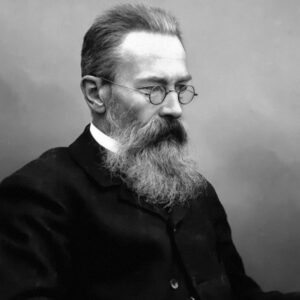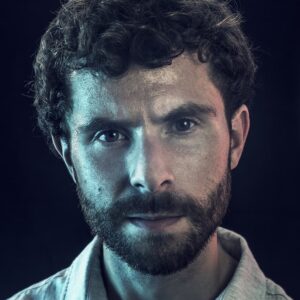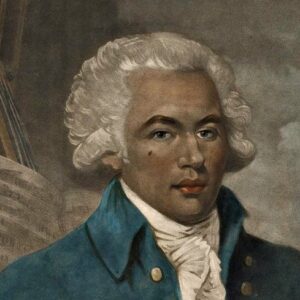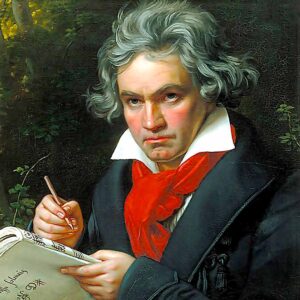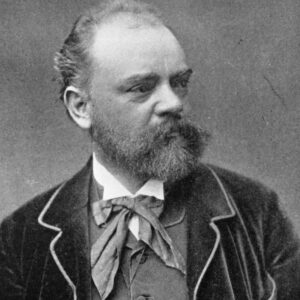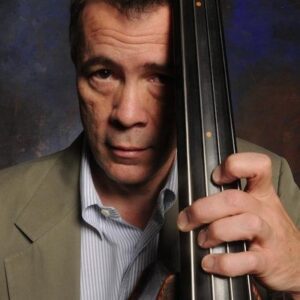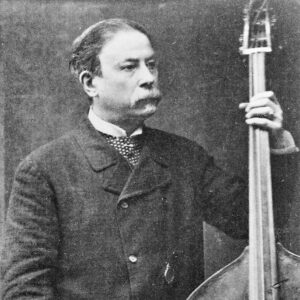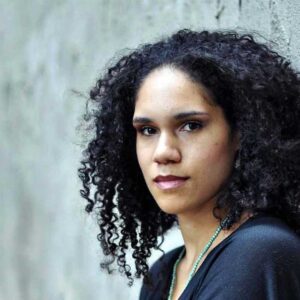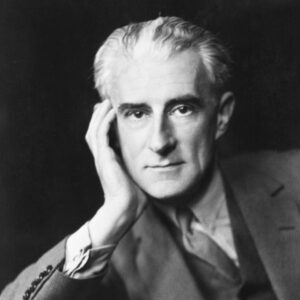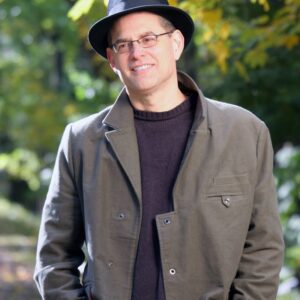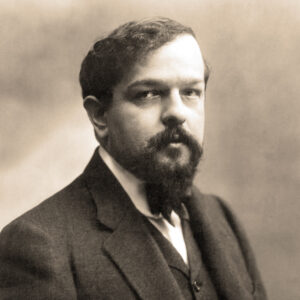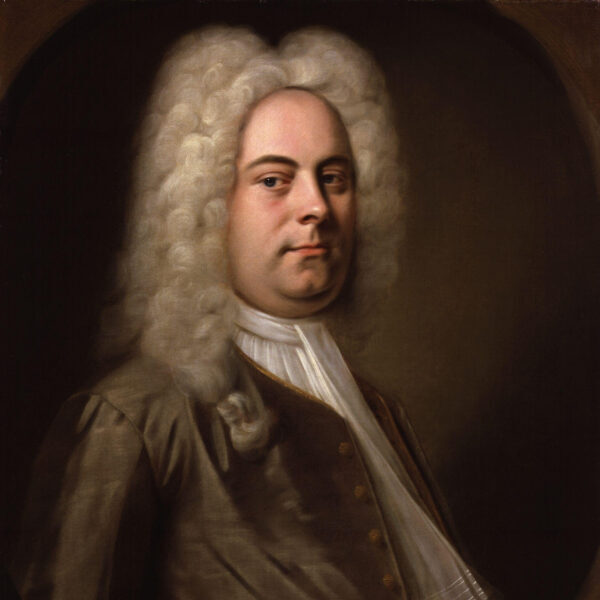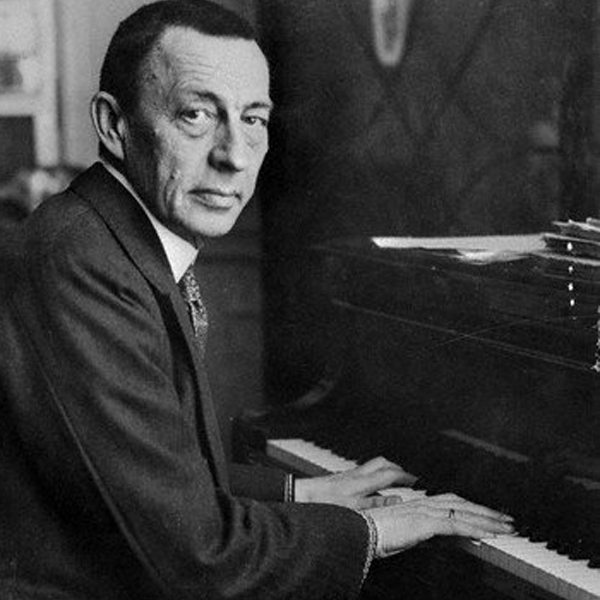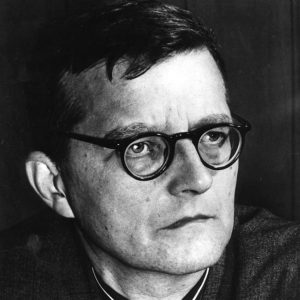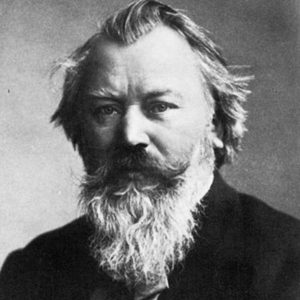This concert was inspired by Mrs. Gordon (Copey) Hanes, who asked Maestro Moody to organize a concert around Rachmaninoff’s Piano Concerto No. 2. To make the concert possible, she helped fund the guest artist’s appearance, which allowed the Symphony to invite a pianist of the highest level.
“We are dedicating this concert series to Copey,” said Maestro Moody. “Her extraordinary generosity to the arts community in the Triad made so many things possible. Her legacy is without peer. It is an honor and a privilege to play this concert in her memory, particularly because she was so instrumental in making it happen. I know we will all feel her presence at these concerts.”
Under the baton of Maestro Moody, the concerts will take place on Saturday, February 8 at 7:30 p.m.; Sunday, February 9 at 3 p.m., and Tuesday, February 11 at 7:30 p.m. at the Stevens Center of the University of North Carolina School of the Arts at 405 W. Fourth Street. Tickets range from $15 – $62 and are available in advance by calling the Symphony Box Office at 336-464-0145 or online at WSsymphony.org.
A “Music Lovers’ Luncheon,” a fun and informative pre-concert lunch with Maestro Moody and guest artist Shaham will take place Friday, February 7, 2014 at noon at The Piedmont Club at 200 West Second Street in downtown Winston-Salem. The luncheon is a great opportunity to learn more about the concert in a relaxed atmosphere. Reservations are required for the Music Lovers’ Luncheon and can be made by calling 336.724.7077.
The Saturday, February 8 performance is part of the Kicked-Back Classics Series. This season, in response to popular demand, Kicked-Back Classics concerts are now full-length but retain the more informal atmosphere of previous years and include educational insights from the conductor. After each Kicked-Back concert, concert-goers can join the Maestro, guest artists, and members of the orchestra for Brews with Bob at WS Prime across Cherry Street in the Marriott.
Shaham will perform with the Symphony on Sergei Rachmaninoff’s Piano Concerto No. 2, a romantic masterpiece played out in three movements. Renowned for both his compositional skills and his piano playing, Rachmaninoff composed this piece in 1900-1901. His first symphony, which premiered in 1897, was derided by critics (although it is now lauded as a triumph), which sent Rachmaninoff into a deep depression. With the help of Dr. Nikolai Dahl and hypnotherapy, Rachmaninoff was able to combat his despair and compose the Piano Concerto No. 2. The dramatic, moving and expressive piece represented a triumphant comeback for Rachmaninoff. It has become a favorite piece for pianists, allowing them to plumb its emotional depth and virtuosic beauty. It is at once technically demanding and emotionally expressive, giving pianists the chance to showcase their skills. It will be familiar to many listeners as it has been used in numerous movies including David Lean’s Brief Encounter and Billy Wilder’s Seven Year Itch. Many more will recognize one of its themes, which was used by Eric Carmen in his iconic 1975 ballad All by Myself.
To complement the Rachmaninoff, the Symphony will play pieces by Ralph Vaughan Williams and Felix Mendelssohn. Both these pieces reflect momentous events in the history of the Christian church in Europe. The title of Williams’ Fantasia on a Theme by Thomas Tallis comes from Tudor composer Thomas Tallis (1505-1585), who was the original composer of the melody. Tallis was an important figure in Henry VIII’s court and was present and composing at the time of the creation of the Anglican Church. Felix Mendelssohn composed Symphony No. 5 in D major/D minor, op. 107, also called the “Reformation” Symphony, in 1830 to commemorate the 300th anniversary of the Presentation of the Augsburg Confession (a momentous event in the Protestant Reformation).
Vaughan Williams discovered Tallis’ music while working on The English Hymnal in 1906. Considered to be Vaughan Williams first undisputed masterpiece, in Fantasia on a Theme by Thomas Tallis he expanded beyond English folk songs and began incorporating Anglican Church music from the Renaissance into modern English music. Williams’ arranged the piece to highlight three sets of strings: one near the podium, one group to the left, and another in the far back right corner of the stage. This creates a dramatic effect simulating the feeling of a cathedral, which usually has organ pipes in the front and antiphonal pipes in the back.
Although Mendelssohn composed the “Reformation” Symphony in 1830 to commemorate the 300th anniversary of the Presentation of the Augsburg Confession, the anniversary celebration was cancelled due to political tension throughout Europe. The symphony was not performed until 1932. To honor the great Protestant leader, Martin Luther, Mendelssohn composed a symphony that is majestic, powerful, and dignified. It opens with forceful themes to emphasize the historic nature of the occasion. Mendelssohn was a great champion of J.S. Bach and it is through his efforts that we listen to Bach’s music today. As Symphony No. 5 in D major/D minor, op. 107 nears its completion, Mendelssohn pays tribute to both Bach and Luther by weaving in Luther’s beloved hymn, A Mighty Fortress is Our God, which was famously harmonized earlier by Bach.
Guest artist Orli Shaham is a consummate musician recognized for her grace, subtlety, and vitality. She has established an impressive international reputation as one of today’s most gifted pianists. Hailed by critics on four continents, Shaham is in demand for her prodigious skills and admired for her interpretations of both standard and modern repertoire. The Chicago Tribune recently referred to her as “a first-rate Mozartean,” and London’s Guardian said Shaham’s playing was “perfection” during her performance of Bernstein’s Age of Anxiety at the Proms with the BBC Symphony Orchestra.
Shaham has performed with most major orchestras in the United States, as well as with the BBC Symphony Orchestra, Filarmonica della Scala, Israel Philharmonic Orchestra, Stockholm Philharmonic and the Sydney Symphony Orchestra, among others. She is a frequent guest at numerous summer festivals including Tanglewood, Mostly Mozart, Aspen, and Verbier, and has given recitals at Carnegie Hall, The Kennedy Center, Amsterdam’s Concertgebouw, and many more around the world.
Shaham maintains an active parallel career as a respected broadcaster, music writer, and lecturer. She has taught music literature at Columbia University and contributed articles to Piano Today, Symphony, and Playbill magazines and NPR’s Deceptive Cadence blog. On air, she has hosted the nationally-broadcast Dial-a-Musician and America’s Music Festivals series, and served as artist-in-residence on National Public Radio’s Performance Today. For a full artist biography please visit WSsymphony.org
This concert and the Winston-Salem Symphony are sponsored by Season Presenting Sponsor Wells Fargo; Classics Series Presenting Sponsor Bell, Davis & Pitt, P.A.; Kicked-Back Classics Series Underwriters Chris and Mike Morykwas; Concert Sponsor, Womble Carlyle; as well as the Arts Council of Winston-Salem/Forsyth County, the North Carolina Arts Council and Piedmont Music Center.



